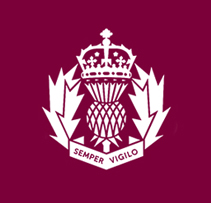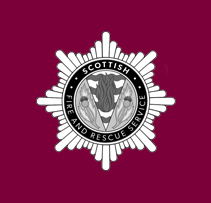Why Join SB Alert?
Find out what's really happening in your area - receive regular updates on crime, scams, weather warnings, road closures, and other emergencies.
SB Alert is a free messaging service where you decide, when and how you are kept alerted about the issues that matter to you.
The information you want...
You're in complete control over what information you receive
From organisations you can trust...
And you decide who can share their news and information with you
 Scottish Borders Council
Scottish Borders Council Police Scotland
Police Scotland Scottish Fire & Rescue
Scottish Fire & Rescue Neighbourhood Watch
Neighbourhood WatchSign-up Now

Latest Scottish Borders Alerts
Eyemouth Harbour – Update - barriers will remain in place
Update today, Friday 12 April, positive surge expected today. There is little or no waves forecast...
Yellow weather warning for rain, flood warning for Eyemouth Coastal area, warning of overtopping in coastal areas
Warning today, Tuesday 9 April, for high tides and possible overtopping in coastal areas. Impact is ...
Residents are asked to be vigilant - rainfall warning - possible risk of flooding
A yellow weather warning for rain has been issued between 0100hrs on Tuesday 9 April and 1800hrs. T...
Storm Kathleen likely to bring a spell of very windy weather across the Scottish Borders
Weather warning has been issued by the Met Office warning of a named storm, Kathleen, likely to brin...






